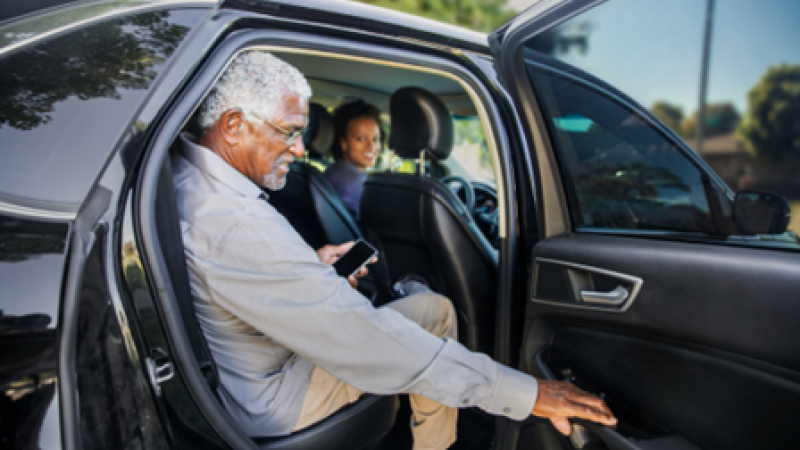Uber has launched a new feature designed to support older adults in the Middle East and North Africa, offering increased independence and accessibility for seniors using the ride-hailing app.
Senior Accounts, now available across the UAE, Saudi Arabia, Egypt, Qatar, Bahrain, Jordan, and Lebanon, are part of Uber’s ongoing efforts to serve users across all age groups. The feature simplifies the Uber app interface for older adults, allowing them to travel more easily to medical appointments, visit loved ones, or complete everyday errands.
The new rollout includes Simple Mode, a streamlined version of the app with larger text, fewer steps, and a more intuitive layout. While both features are designed to empower older users, they also allow trusted family members to provide remote assistance when needed.
“Senior Accounts are about more than just transport — they’re about access, independence, and connection,” said an Uber spokesperson. “We understand that for many families in the MENA region, caregiving spans across cities or even countries. These tools help bridge that gap.”
Built into the Family Profiles section of the app, Senior Accounts can be created by a family organiser who then invites an older adult to join. Once accepted, the senior receives a link via text message to download the app and set up their profile. From there, they can request rides independently or choose to receive assistance from the family organiser.
The feature offers trip tracking, simplified ride-booking, and flexible payment options, while also letting riders save favourite destinations. Importantly, the older adult and the family organiser do not need to live in the same location, allowing cross-border caregiving to continue seamlessly.
Even users who are not part of a Family Profile can access Simple Mode by enabling it in the app’s Accessibility settings. The mode preserves full account control for the senior while presenting a pared-down version of the interface.
The launch in MENA follows earlier successful implementations in the United States, Brazil, Chile, and Mexico. It comes at a time when public transportation in the region can pose challenges for older individuals, due to long distances, limited schedules, and extreme temperatures in many cities.
Uber says the features were developed in consultation with older riders and accessibility advocates, and represent a step forward in making its technology more inclusive.
“In a region where family support plays such a crucial role in daily life, we believe these tools will offer reassurance to loved ones and confidence to seniors,” the company added.
By expanding its services beyond teens and working adults, Uber positions itself as a mobility platform catering to the full spectrum of age groups — from the youngest riders to the eldest members of the community.

